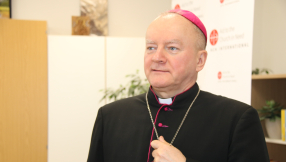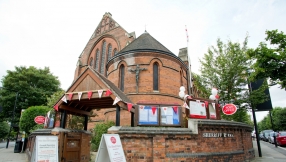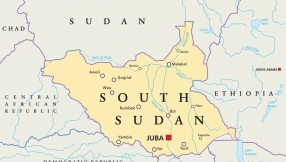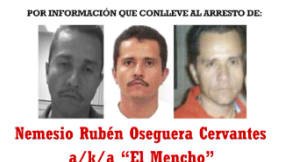Bishop fears Anglican Covenant will diminish Church autonomy
Speaking at his Diocesan Synod for Cork, Cloyne and Ross on Saturday, Bishop Paul Colton referred to discussions taking place throughout the Communion on the proposed Anglican Covenant, due to be discussed at next month's Lambeth Conference, the 10-yearly gathering of bishops within the Communion.
The Anglican Covenant has been put together in an effort to prevent a split in the Anglican Communion of churches, primarily over the issue of homosexual ordinations and blessings. The Covenant seeks to balance the autonomy of the 38 provinces with the unity of the Communion and asks provinces for their voluntary commitment to a process of joined-up deliberation whenever disputes occur over contentious issues.
Bishop Colton warned, however, that the proposed Anglican Covenant gives the Archbishop of Canterbury significant new powers outside the Church of England and within other Churches.
Although the Covenant goes some way to assure that Churches would be able to maintain some independence, Bishop Colton said he felt that agreeing to it "would result in compromising the autonomy of the Church of Ireland and other parts of the Anglican Communion".
Bishop Colton acknowledged that the Covenant's proposals may be necessary to preserve the unity of Anglicanism, but expressed concern that the proposal to enhance the powers of the Archbishop of Canterbury represented a partial move "...towards universal primacy at the expense of local conciliarity".
He argued that if this were to happen, the Communion would need to consider a new approach to the appointment of the Archbishop of Canterbury.
"If the Covenant proposals and the framework for resolution of conflict are to be adopted internationally, a new approach to the appointment of future Archbishops of Canterbury will be needed as well as international involvement in those appointments," he said.
"At a minimum this international involvement should involve a new process of formal and transparent consultation throughout Anglicanism.
"I realise that this will compromise the autonomy of the Church of England and raise issues of leadership, authority as well as constitutional concerns for establishment in the English context, which would, in turn have to be addressed, but, equally, not to address this matter will raise ecclesial constitutional concerns throughout much of the rest of Anglicanism."
Bishops from around the world will discuss the draft Anglican Covenant when they meet at the Lambeth Conference from 16 July to 3 August.
In a You Tube video posted in April, the Archbishop of Canterbury asked for Anglicans to pray that the Conference would be "essentially a spiritual encounter" and not "a time when we are besieged by problems that need to be solved and statements that need to be finalised".













